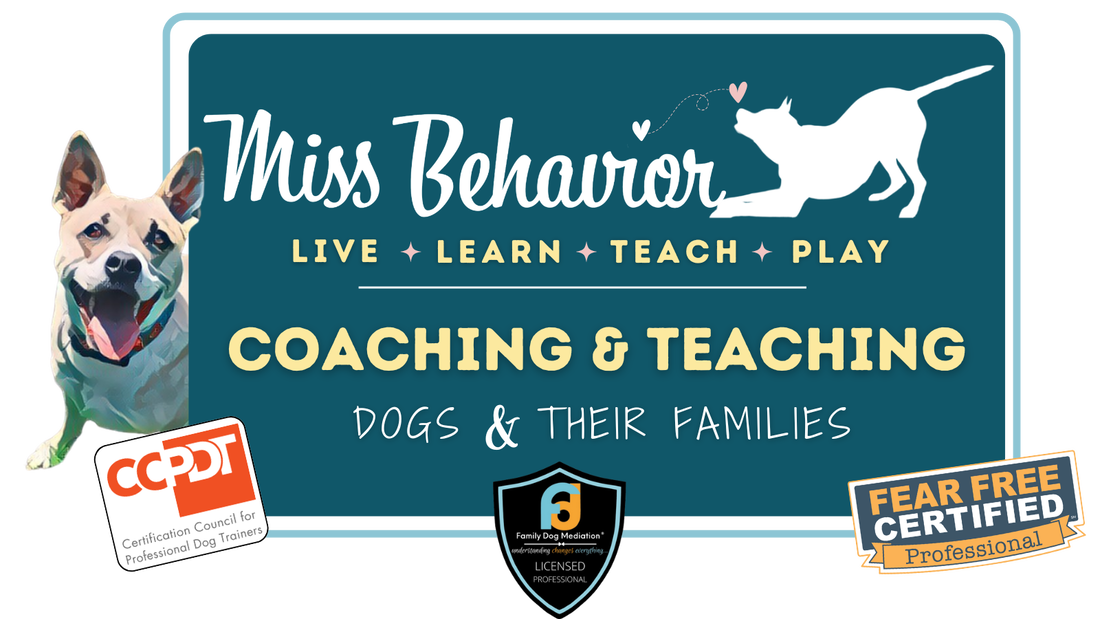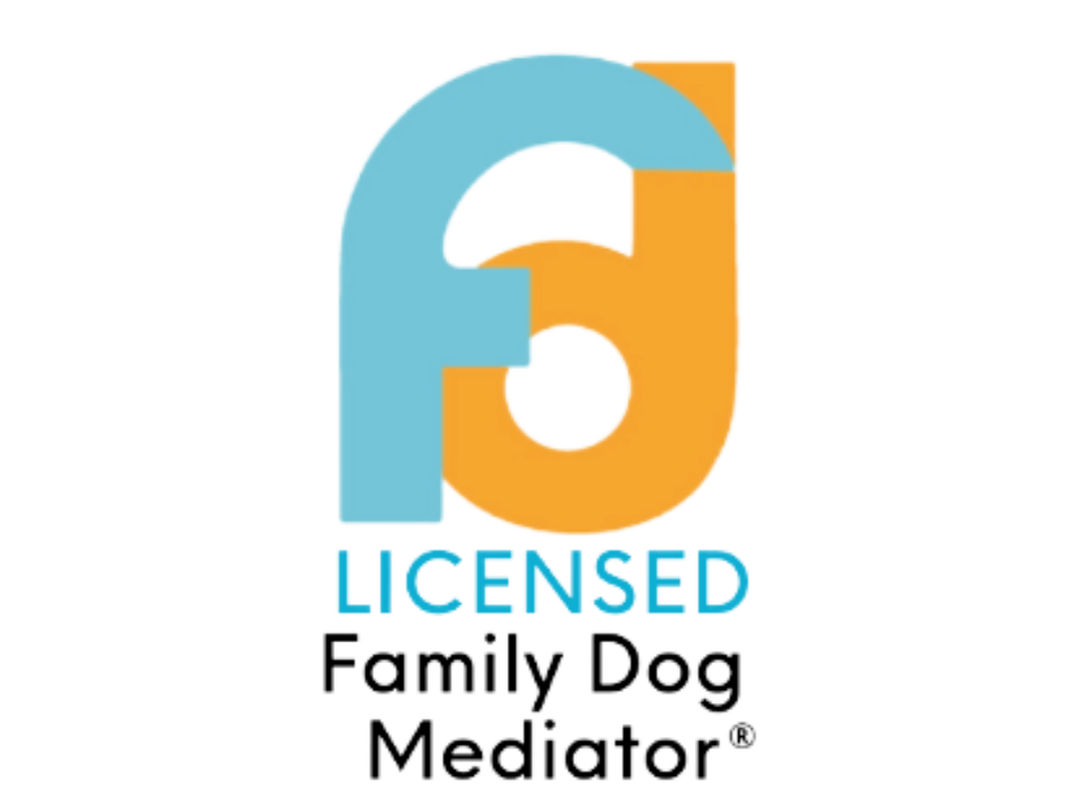Here are the stages that will help set your training progress up for successWhen you are dealing with big emotions in dogs, it's important to break down the training process into smaller achievable goals that set everyone up for success.
Reactivity is simply responsiveness to a stressor, trigger, or something exciting in the environment. It can be really difficult for them to think or learn when they are in that state of mind, just as it can be hard for you to take in new information when you're in the same state of mind. When we expect too much from our dogs too soon, it can really set back our training progress leaving both ourselves and our dogs very frustrated and feeling defeated. For that reason, I'm going to show you the 6 stages to focus on to help find your success path in the training process
1 Comment
So how can I refer to what I do?Yes, technically, I am a Certified Professional Dog Trainer but it just doesn't sit right. It's not about getting dogs to "obey"
I had to take some time to think about how I approach the process of helping dogs and their people learn. I am always paying attention to body language, considering emotions, trying to keep things playful, breaking learning down into smaller digestible chunks, building trust, setting boundaries and remaining consistent with them. A-HA. I figured it out! Curious to know why your dog's recall isn't very good?When we call our dogs to come, we expect them to respond, for safety reasons and because at some point, it's time to end the free play... time to leave the dog park, time to go inside, time to go to work... but maybe your dog doesn't listen the way you want him to. In this blog post, I want to share the top 5 reasons why you might be struggling with it so that you can start to make positive changes going forward!
|
|
Search by typing & pressing enter





 RSS Feed
RSS Feed




